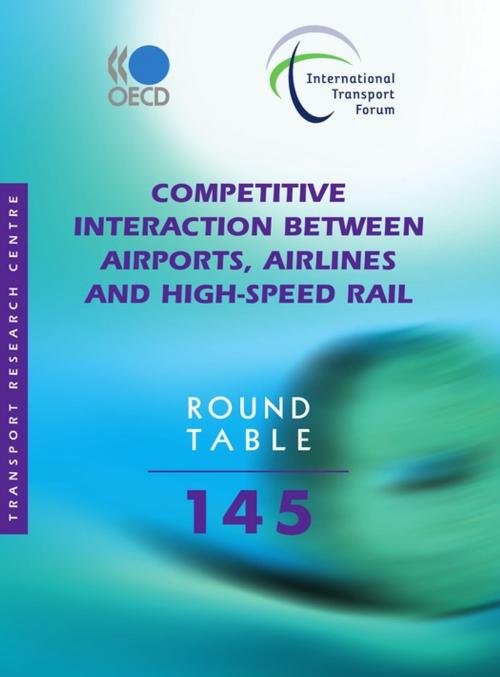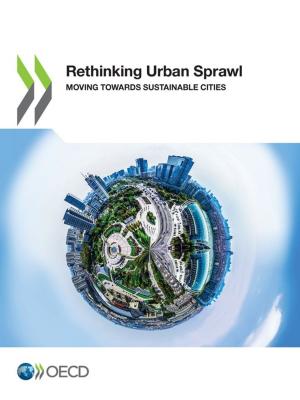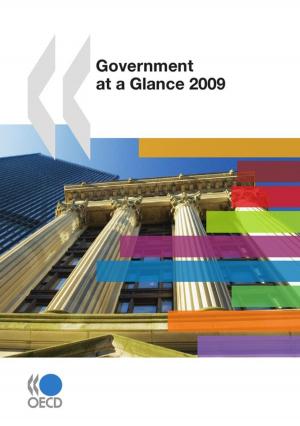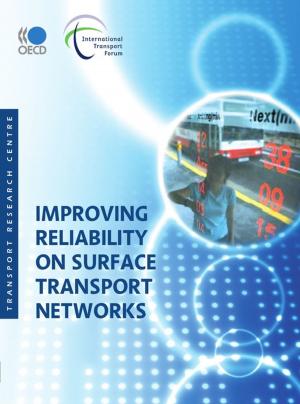Competitive Interaction between Airports, Airlines and High-Speed Rail
Business & Finance, Industries & Professions, Industries| Author: | Collective | ISBN: | 9789282102466 |
| Publisher: | OECD | Publication: | November 4, 2009 |
| Imprint: | OECD | Language: | English |
| Author: | Collective |
| ISBN: | 9789282102466 |
| Publisher: | OECD |
| Publication: | November 4, 2009 |
| Imprint: | OECD |
| Language: | English |
How should airports be regulated to contain market power? This round table proceedings first examines whether they need to be regulated at all. It concludes that because regulation is inevitably imperfect and costly, policy makers should establish conditions for competition to emerge between airports in preference to comprehensive regulation, whenever possible.
Economic regulation is sometimes necessary, such as when airports are heavily congested. The proceedings determines which approaches are likely to work best and also assesses strategies for managing greenhouse gas emissions. It finds that although including aviation in an open emission trading scheme could help mitigate emissions efficiently across the economy, it should not be expected to produce major cuts in CO2-emissions in aviation itself. Finally the proceedings identifies the economic conditions under which high-speed rail can provide a competitive substitute for aviation, revealing the limited relevance of rail to reducing greenhouse gas emissions from this part of the transport market.
How should airports be regulated to contain market power? This round table proceedings first examines whether they need to be regulated at all. It concludes that because regulation is inevitably imperfect and costly, policy makers should establish conditions for competition to emerge between airports in preference to comprehensive regulation, whenever possible.
Economic regulation is sometimes necessary, such as when airports are heavily congested. The proceedings determines which approaches are likely to work best and also assesses strategies for managing greenhouse gas emissions. It finds that although including aviation in an open emission trading scheme could help mitigate emissions efficiently across the economy, it should not be expected to produce major cuts in CO2-emissions in aviation itself. Finally the proceedings identifies the economic conditions under which high-speed rail can provide a competitive substitute for aviation, revealing the limited relevance of rail to reducing greenhouse gas emissions from this part of the transport market.















